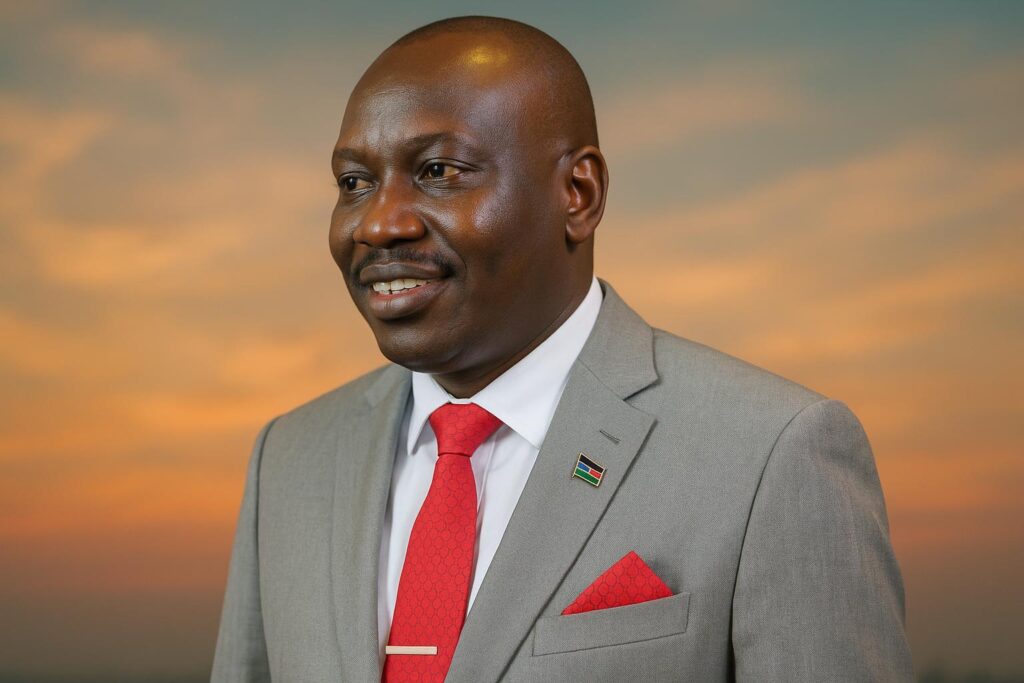Silent Costs of Reporting in South Sudan
Across Juba’s streets, reporters barter phone credit for transport as news tips pile up unanswered. Hunger, not censorship, is muzzling voices. “Our notebooks are full, but our wallets are empty,” sighs veteran editor Joseph Lagu during an evening briefing.
Economic Pressures on Newsrooms
Post-2013 conflict shrinkage stripped advertising and donor grants, leaving many outlets operating below subsistence. Freelancers often earn under five dollars per story, barely covering a meal, compelling self-censorship to protect irregular patrons or politically connected sponsors.
Social Media’s Glittering Mirage
Livestreams and dance challenges flood timelines, giving the illusion of a thriving information space. Politicians now prefer paying influencers to praise them on Facebook rather than submit to investigative interviews, redirecting scarce marketing budgets away from accredited newsrooms.
Talent at a Crossroads
Young graduates, trained by regional institutes, quickly exit the profession for NGO communications or private consultancy. “Commitment alone cannot feed a family,” notes media trainer Ayak Wol, warning that institutional memory and watchdog culture risk disappearing within a generation.
Toward a Sustainable Fourth Estate
Experts urge tax incentives for local advertisers, fair accreditation fees, and stronger unions to negotiate living wages. International partners can complement by supporting safety nets, but long-term viability hinges on citizens recognizing credible journalism as essential infrastructure, not charity.


